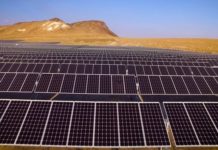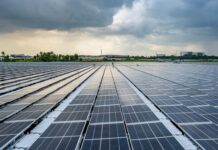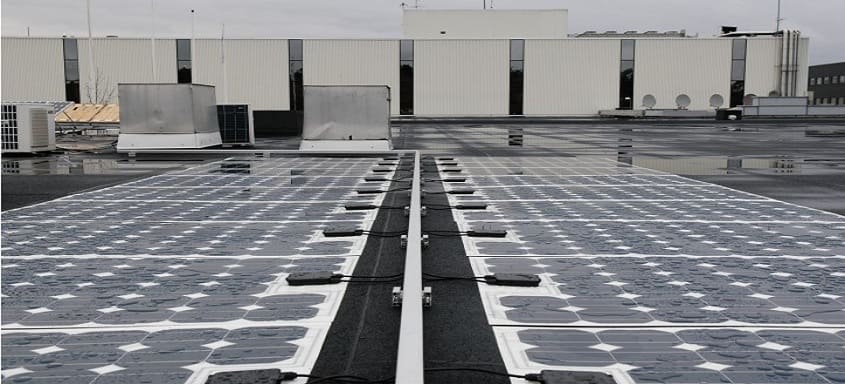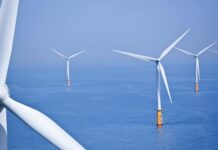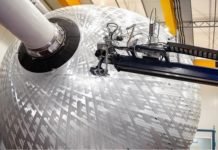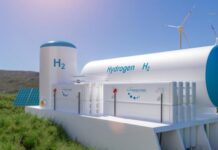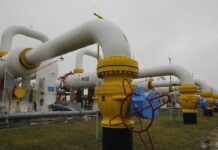The facility’s two turbines are owned, operated and maintained by Cataรฑo-based Aspenall Energies. It is the first company to install and operate industrial-scale wind turbines on the island.
Bacardi has signed an agreement with Aspenall to purchase the power produced by the turbines. If successful, Bacardi plans to install more turbines to support its production facilities.
Plant
The plant will generate one million kilowatt hours of electricity annually, which will account for 3%-7% of the power used by Bacardi. The plant will offset more than 900t of CO2 emissions a year.
The turbines are refurbished Nedwind 23PI 250KW models. The towers are 137ft tall and have an 8ft footprint. The rotor diameter is 75ft.
Contracts
“The plant will generate one million kilowatt hours of electricity annually.”
The environmental study was conducted by professor Raul Pรฉrez-Rivera of the University of Puerto Rico in Humacao. The structure was designed by Gregorio Hernรกndez.
The project contractor was Gabriel Fuentes Jr Construction. Testing was conducted by Dutch wind energy company Mainwind.
Energy market
Puerto Rico imports oil to produce 72% of its electricity. The remainder of its energy needs are met by natural gas (15%) and modified coal (13%).
The island consumes 222,000 barrels of oil a day for electricity generation and transportation, making it vulnerable to international oil prices. One of the reasons for the island’s high electricity consumption is the use of air conditioners in summer and room-heaters during winter.
Puerto Rico’s growing population has also increased power consumption. It is the most populated island in the US with 1.127 people per square mile. According to estimates, the island had a population of 3.96 million people in 2008 and is projected to grow at a rate of 3.9% by 2025.
In addition, the Puerto Rico Electric Power Authority (PREPA), the primary electricity provider, has no reserve capacity due to a fire at an electricity plant in 2007.
In order to focus on becoming self-reliant, the PREPA is encouraging participation by private developers by offering long-term power purchase agreements with companies producing renewable energy. The authority is also planning to reduce its dependency on fossil fuels and is investigating ways of curbing energy theft, which accounts for nearly 15% of energy consumed.



